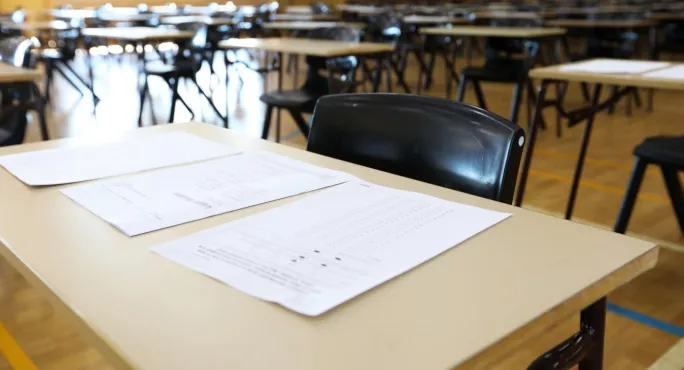Parents are contacting lawyers over concerns that this year’s teacher-assessed grading process for GCSEs and A levels will lead to lower marks from teachers “biased” against their children.
Salima Mawji, a consultant at IBB Law, and Celia Whittuck, one of the firm’s solicitors, told Tes that they have already been having conversations with parents seeking legal advice because they fear the grading process this year is unfair.
GCSEs 2021: Should schools be running full mock exams?
Exams 2021:
“Enquiries that we’re getting at the moment are concerns about teacher bias and how these grades are going to be arrived at, and questions around what the schools are calling independent assessors,” they said.
“I suspect that, as these results are awarded in August, parents will be raising questions around how those grades have been arrived at, whether they properly reflect the student’s ability. There may be issues around issues children may have had with teachers, for example,” Ms Mawji added.
GCSEs and A levels 2021: Parents’ concerns over teacher-assessed grades
They said there would also be legal enquiries on appeals, based on the response from students and families last year.
Ms Mawji and Ms Whittuck said that there could also be legal difficulties over the range of approaches that schools had taken to arrive at grades, although this may need to be dealt with through a judicial review.
Ms Mawji said that if it were the case of “my mate down the road got a B in maths and that was teacher-assessed and I got a C and I sat a mock exam”, the legal issues “are quite interesting because there is no parity...in terms of the way the grades are being awarded”.
IBB Law has published a blog on the issue, stating that in the case of appeals this year, exam boards will review the evidence that went towards the grade to check whether the school made a reasonable academic judgement when grading.
“This raises various questions. What is reasonable judgement? How can it be a fair system that it is the same school or college which has determined the grade which then also has to submit the student’s formal appeal?” the blog says.
Teachers have also raised concerns over the fairness of the grading process this summer. In a Tes poll responded to by over 19,000 UK school staff, just 39 per cent said they felt that all candidates would get a “fair deal” from receiving teacher-assessed grades.
Ofqual has produced guidance emphasising areas that teachers must be aware of when awarding students GCSE and A-level grades this summer, to ensure their judgements are not biased.
There were reports over the weekend that six families are launching a class action to challenge GCSE and A-level grades awarded by teachers last year.




